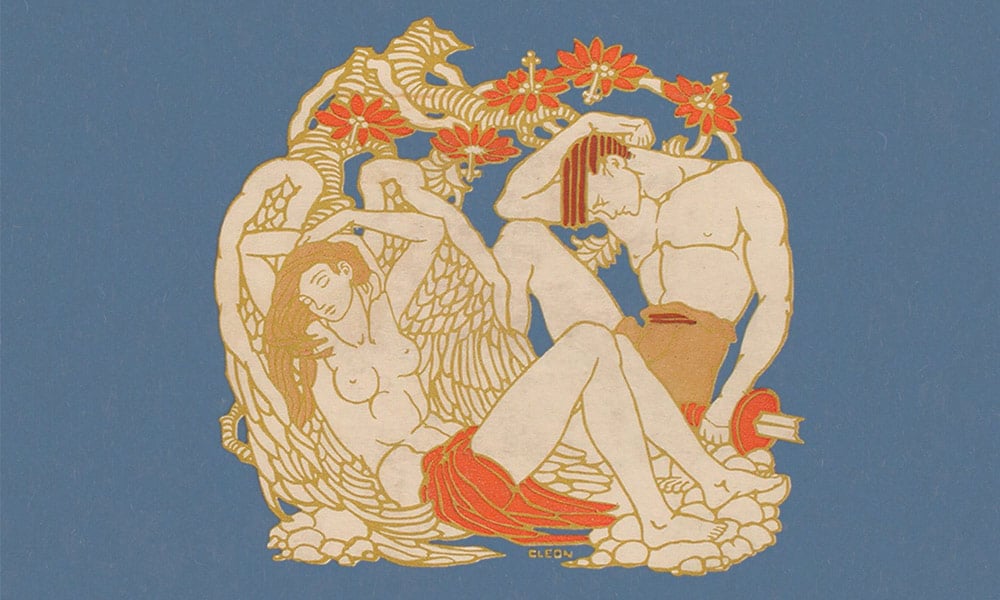We’re firm believers in the power of a good book to change lives, and it’s for this reason we set aside time every single day to knock down a few pages in something new. Of course, we don’t just read for pleasure; we read to learn about ourselves, the world around us, and how to navigate the treacherous waters of life. Most importantly, we read because we want to be the best, most well-rounded men we can be. Do our mission statements sound similar to yours? Good. Here are 10 books that’ll make you a better, more interesting man.
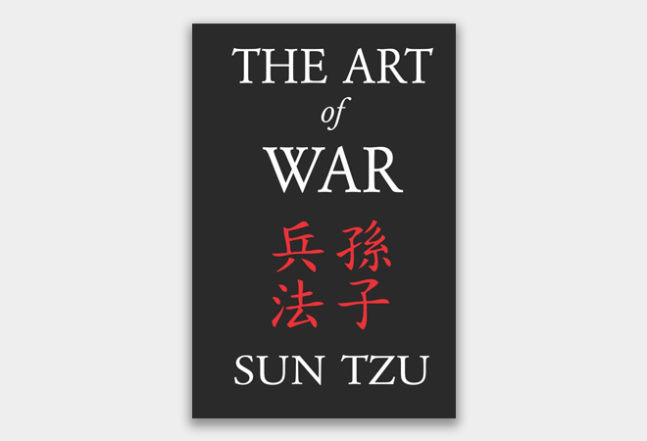
The Art of War
Sun Tzu
Sun Tzu was a Chinese general during the Eastern Zhou period of Ancient China. He was also the mind behind The Art of War, a book published a whole 500 years before the birth of Jesus Christ and one that is still relevant today. Even though the book’s 13 chapters are dedicated to a distinct aspect of warfare and how those aspects apply to military strategy, its lessons can be applied to our everyday lives—in business, our careers, our personal relationships, education, etc. It’s not just an exploration of Chinese philosophy during this time period, but of timeless wisdom and knowledge about how to navigate a cruel and unforgiving world that oftentimes presents itself as our enemy. It’s one of the best books we’ve ever read, even though we’re not trying to wage war on anyone. $3
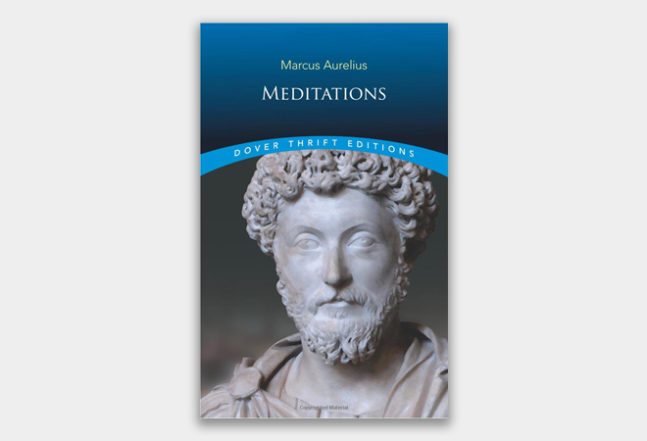
Meditations
Marcus Aurelius
Marcus Aurelius was the emperor of Rome from 161 to 180 A.D. Historically, he is considered the last of the “Five Good Emperors,” and he was a classic Stoic, Meditations, considered to be one of the greatest single pieces of literature ever published, is a perfect crash course on what it means to put one’s virtue above pleasure, and tranquility above happiness. The best part about it is you don’t have to read it the whole way through in order to glean something from it. You can open to a random page, read a random paragraph, and gain direct insight into one of the world’s greatest leaders, nearly two whole millennia after his rule. The coolest thing for us is being able to observe that so much of what Aurelius had to say about running an empire, about war and peace, and about what makes a good leader (and a good human being) still ring true today. $4
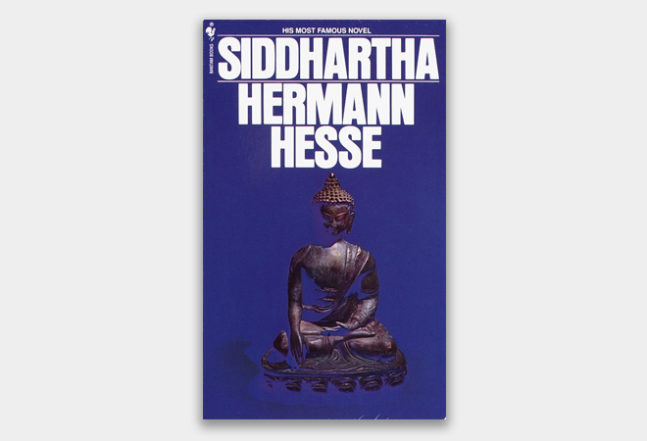
Siddhartha
Herman Hesse
We’ll never forget when we first read Siddhartha (we’ve read it several different and totally necessary points in our lives). When we turned the last page, we closed the book, put it down, and went for a walk. It’s the kind of book that’ll completely change the way you think about life, about happiness, enlightenment, success, and all the totally wrong ways we, as humans, go about seeking those things. In a nutshell, it’s about a wealthy Indian Brahmin named Siddhartha, who leaves behind his life of privilege, comfort, and wealth to embark on a journey seeking spiritual enlightenment and wisdom. The book goes through all the characters Siddhartha meets along the way—from Buddhist monks, to successful merchants, and a particularly enlightened ferryman—and how they show him that happiness and enlightenment are things that come from within. $6
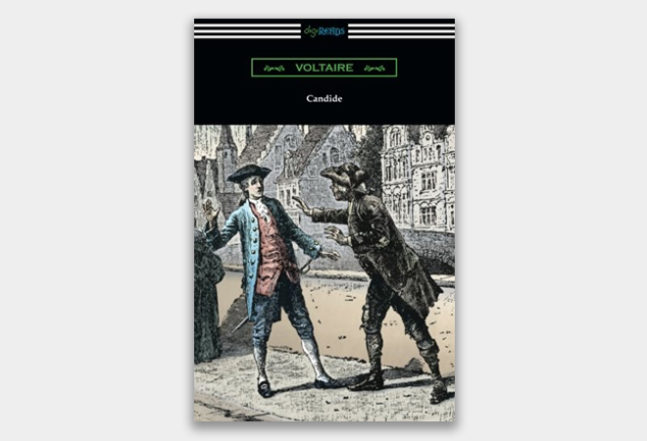
Candide
Voltaire
Voltaire was a French Philosopher whose works were deemed so dangerous to the public that he was banned from several countries, and exiled from his home country of France not once, but twice (the second voluntarily, after deciding he didn’t really enjoy the Bastille very much). Candide, Voltaire’s far-and-away most popular work, is a brief novella about how life isn’t actually for the best, and that the lives we’re living aren’t the best of all possible worlds. It’s a sharp contrast to the theory of Voltaire’s time called “Philosophical Optimism,” which stated that the world we’re living in, and the lives we have, are the best possible lives under the circumstances. Reading about the hardships Candide faces as he becomes disillusioned by these pompous philosophies, coupled with just how fascinating a person Voltaire was, will help you greatly in your quest to living a more interesting life. $7
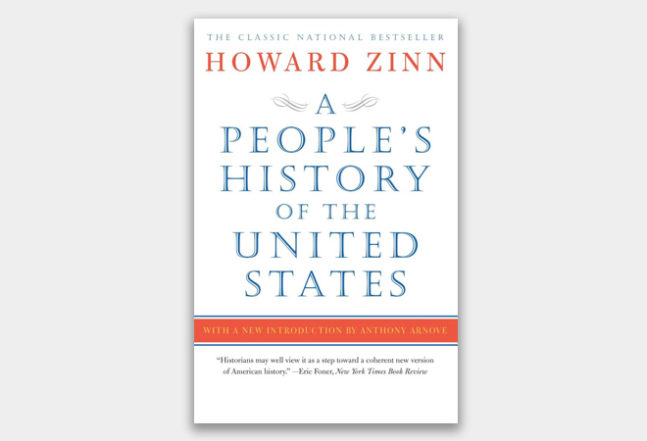
A People’s History of the United States
Howard Zinn
We don’t care about your politics. We don’t care who you voted for. Hell, we don’t even care what your favorite color is. Everyone, everywhere, should read A People’s History of the United States by Howard Zinn. It’s told from the perspective of the Native Americans whose land we Manifest Destiny’d, the immigrants who built our railroads, the African Americans whose culture was willfully destroyed, the LGBT people who were left voiceless, etc. There’s a hugely liberal slant to the book, something Zinn admits in his prologue, but it’s an understandable one. This book was a direct reaction to a more jingoistic, blindly patriotic era, and attempted to balance the scales a bit. Keep that in mind when reading it, as modern history isn’t taught with the same conservative weight. Part of understanding the story this book tells is understanding why it was written in the first place. $7
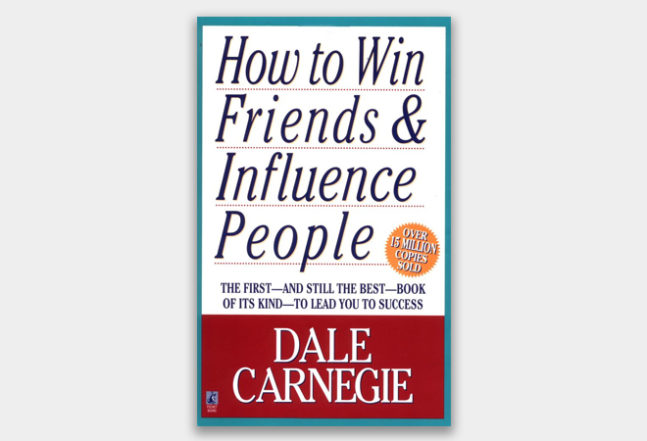
How to Win Friends & Influence People
Dale Carnegie
The title of this book is a bit on the cringe-inducing “self-help” side of the spectrum, but this timeless classic by Dale Carnegie, first published in 1936, is still incredibly relevant today. Though it comes off as a kind of manipulative plot to “win” people’s affections, it’s better used as a guide to understanding that people like people who care about them, and how you can be a kinder, more caring, and more considerate person in your everyday life. If you’re looking to learn more about why successful people are successful—and how they get to where they are—this book is required reading. $10
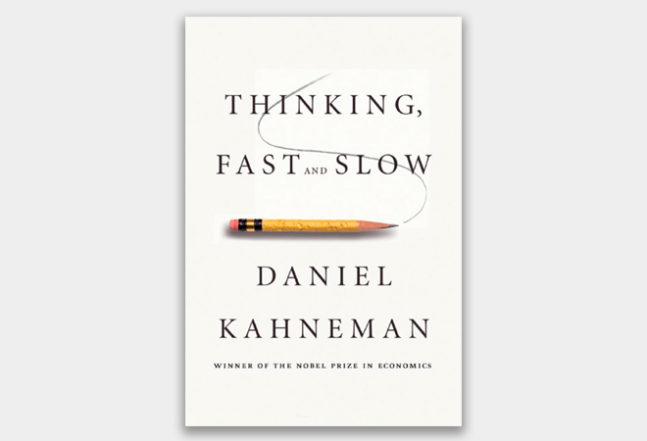
Thinking, Fast and Slow
Daniel Kahneman
Why do smart people sometimes do stupid things? Well, that’s exactly the question Thinking, Fast and Slow by Daniel Kahneman aims to answer. The book summarizes Kahneman’s decades of research in cognitive biases, prospect theory, and happiness. It makes the distinction between two modes of thought: the first being rooted in fast, instinctive, and emotional response, the second in slower, more logical, and more deliberative stuff. Not only does the book differentiate between the two (duh), it goes into why we categorize certain decisions under what mode of thought. From playing the stock market and making big career moves, to something as simple as planning a vacation, the book takes us on a tour of our minds to deconstruct the ways we work. $11
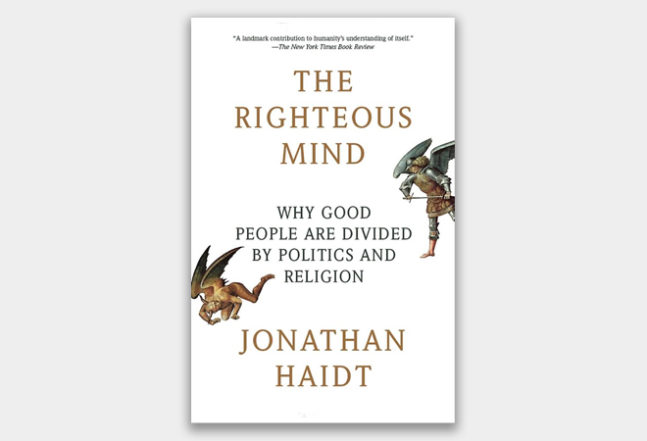
The Righteous Mind: Why Good People Are Divided on Politics and Religion
The New York Times Book Review said about The Righteous Mind that it’s a “landmark contribution to humanity’s understanding of itself.” If that seems a little exaggerated to you, let it serve as all the more reason why you should pick this book up. In a nutshell, it’s about politics, and it’s about how the moral judgments we make—and the political predispositions we espouse—are rooted not in reason or fact, but in gut feelings. It’s a crash course in learning how to trade your anger for understanding, and we think it’s more necessary now than ever before. $13
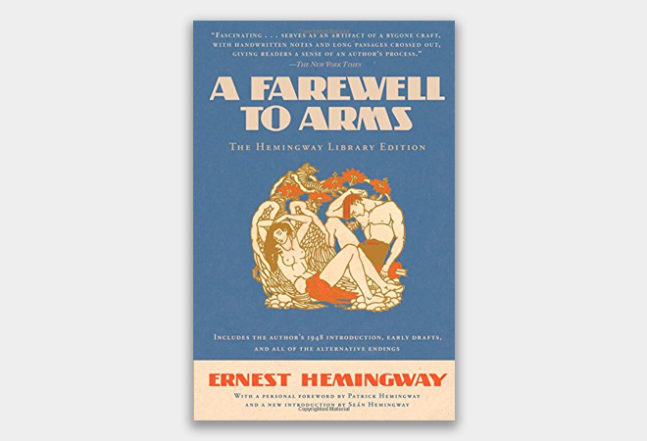
A Farewell to Arms
Ernest Hemingway
Sometimes, our understanding of the world shouldn’t come from the minds of great scholars or library-dwelling philosophes, but rather from the people—the men and women—who helped shape this world into what it is. A Farewell to Arms is considered when of Hemingway’s greatest works, and at its core, it’s an exploration of the horrors of war, and the power of human emotion. People read Hemingway’s The Sun Also Rises and mistake him for some sappy romantic watercolor painter, but A Farewell to Arms is some of the most brutal writing to ever makes it way onto the page from American fingers. War is hell, and A Farewell to Arms doesn’t just serve to prove it, but to show each and every one of us how grateful we should be in times of peace. $14
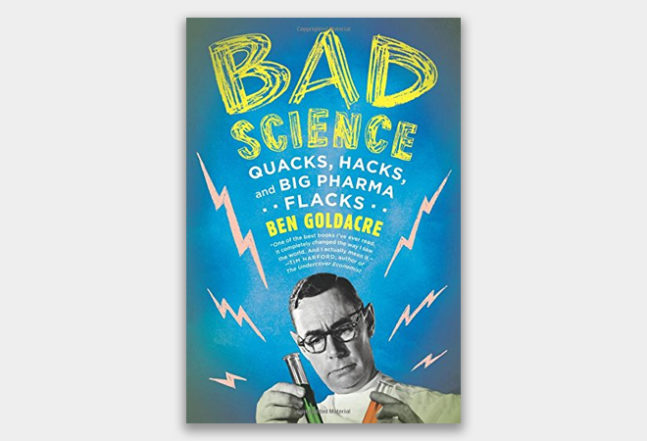
Bad Science: Quacks, Hacks, and Big Pharma Flacks
Ben Goldacre
Bad Science isn’t a book that’ll make you seem like a better or more intriguing man; it’s a book that will change your life. First written and published in 2008 by British physician and academic/science writer Ben Goldacre, Bad Science is a guide to sniffing out the BS in the world around us. From how to see when those “magical diet pills” are bull shit, to understanding false equivalencies and other logical fallacies, this book runs the gamut and will teach you how to be a more judicious media—and life—consumer. $14

